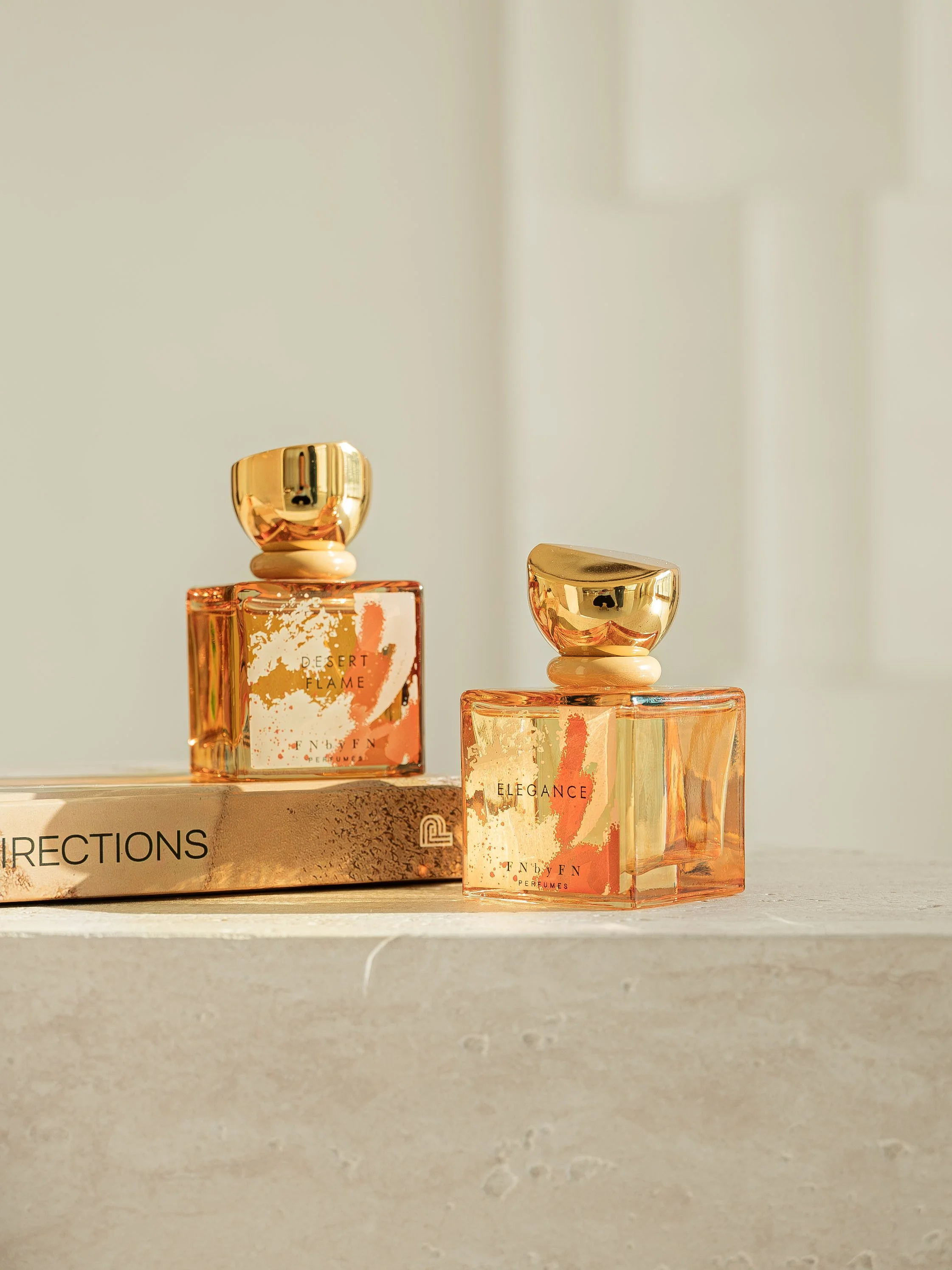A Journey into the World of Fragrances
Embarking on a journey into the world of fragrances reveals a rich tapestry woven from history, art, science, and personal expression. Perfumes have been integral to human culture for millennia, serving as symbols of status, tools for ritual, and avenues for personal identity.
A Historical Perspective
The term "perfume" originates from the Latin "per fumus," meaning "through smoke," a nod to the ancient practice of burning aromatic materials. Early civilizations, such as the Egyptians, were pioneers in perfume usage, employing scents in religious ceremonies and daily life. They crafted fragrances from natural ingredients like flowers, herbs, and resins, laying the foundation for modern perfumery.
The Art and Science of Perfumery
Creating a fragrance is a meticulous process that balances creativity with scientific precision. Perfumers, often referred to as "noses," begin with inspiration—be it a memory, emotion, or element of nature. This inspiration is translated into a formula, blending top, middle, and base notes to achieve a harmonious scent profile. The process involves selecting and extracting essential oils and aromatic compounds, followed by careful blending and aging to allow the fragrance to mature.
Cultural Significance
Throughout history, perfumes have mirrored societal values and trends. In ancient Rome, for instance, the use of perfumes was widespread, with scents signifying wealth and status. The Renaissance period in Europe saw the emergence of perfumed gloves and garments, reflecting the era's emphasis on luxury and refinement. In contemporary times, fragrances continue to evolve, with trends shifting towards wellness-inspired scents and sustainable practices.
Modern Trends and Innovations
The fragrance industry is continually adapting to changing consumer preferences and technological advancements. Recent trends include the development of wellness-inspired scents that promote relaxation and inner peace, as seen in Tom Ford Beauty's "Bois Pacifique." Additionally, there is a growing emphasis on sustainability, with brands focusing on eco-friendly sourcing and ethical ingredient selection.
Personal Expression
Fragrances serve as an extension of personal identity, allowing individuals to convey emotions, memories, and aspects of their character. The choice of a particular scent can evoke nostalgia, confidence, or comfort, making perfumery a deeply personal art form.
In conclusion, the world of fragrances is a multifaceted realm where history, culture, art, and science converge. Whether through the lens of its rich past or the innovations shaping its future, perfumery offers an endless journey of discovery and personal expression.



